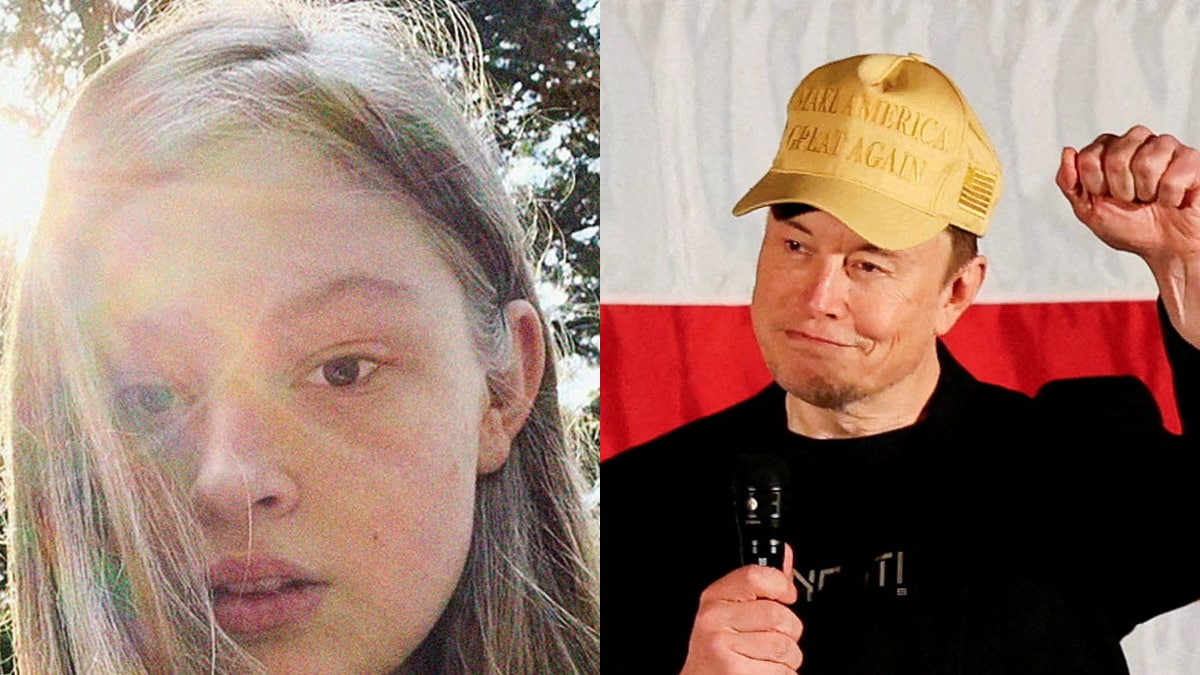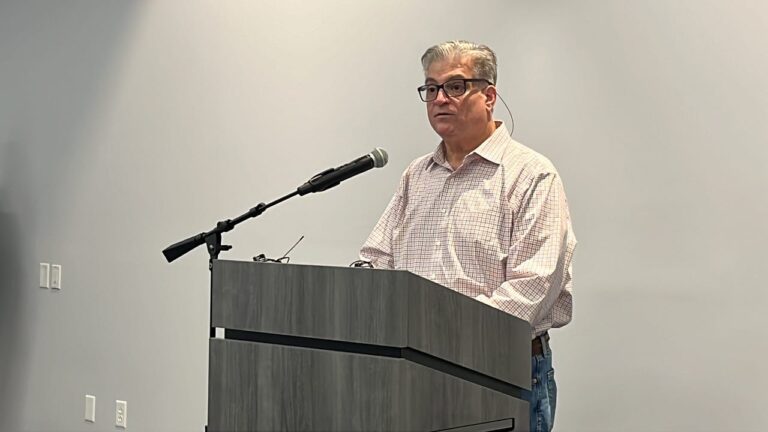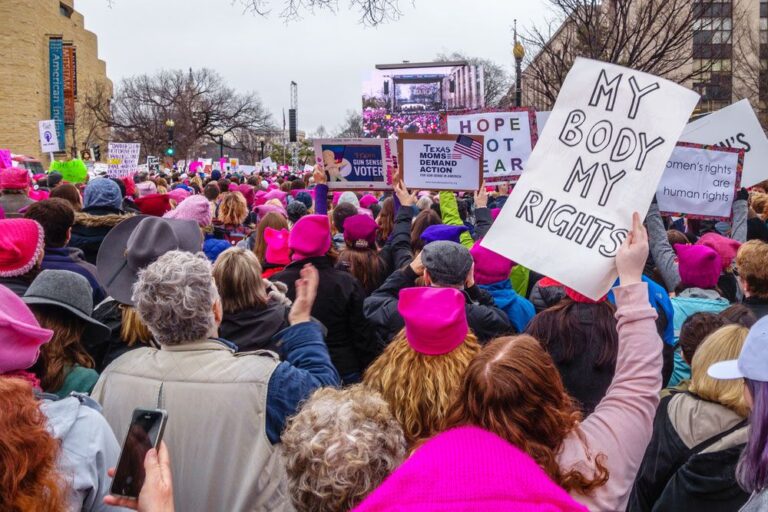Elon Musk’s Daughter Expresses Future Concerns After Trump’s Win
Concerns for Tomorrow: Elon Musk’s Daughter Reacts to Trump’s Win
In the ever-evolving landscape of politics, where opinions can shift in a heartbeat and the future seems uncertain, one young voice has stepped into the spotlight—Elon Musk’s daughter. Recently, she expressed profound concerns about her future in the United States following Donald Trump’s recent victory. But who is she, and why does her statement resonate with so many? In this article, we’ll delve into the life of Musk’s daughter, her feelings about the socio-political environment, and the larger implications of her concerns.
Who is Elon Musk’s Daughter?
Before we dive into the meat of her concerns, let’s first get acquainted with Elon Musk’s daughter. Born Xavier Alexander Musk, she came out as transgender and changed her name to Vivian Jenna Wilson. As the daughter of one of the world’s most influential tech moguls, she has grown up under the watchful eyes of media and public scrutiny alike. Her transition has been an incredibly significant part of her life, and the challenges she faces resonate deeply with many young people—especially in the context of a society that sees political fluctuations as potential threats to equality and freedom.
The Weight of Expectations
Imagine being the child of the world’s richest man. You’d think that kind of fame is all glitz and glamour, but for her, it’s a mixed bag. Vivian seems to carry the weight of public expectations and societal judgment. It’s not just about being Musk’s daughter; it’s about navigating her identity and future in a world that often opposes everything she stands for.
When she voiced her concerns about living in the U.S. post-Trump’s victory, it wasn’t merely a personal reflection; it felt like a universal shout-out for understanding and empathy.
The Politics of Fear
A Shifting Landscape
Let’s be real: Politics can feel like a rollercoaster ride. One day you’re up, the next you’re down, and the twists and turns can leave you dizzy. That’s how many people experienced the past few years in the U.S. When Trump was in office the first time, his administration created waves of controversy, especially regarding issues around gender identity and LGBTQ+ rights.
Now, post his latest victory, many of those same worries have started to bubble back to the surface. Vivian’s heartfelt declaration that she “doesn’t see [her] future in the U.S.” mirrors what countless voices from marginalized backgrounds are feeling. Let’s break down what’s really going on here.
The Impact of Leadership on Identity
Leaders set the tone. Take a moment to think about it: When you turn on the news and see a leader talking about inclusivity and rights, it sends a message of hope. Conversely, when the narrative shifts to one of discrimination and backlash, fear can seep into the cracks of society.
Vivian feels that in light of Trump’s return to power, the progress made regarding LGBTQ+ rights could be at risk. This isn’t just about politics; it’s about identity, representation, and basic human rights. The anxiety surrounding these issues isn’t irrational—it’s rooted in historical context.
Personal Struggles in a Public Forum
Navigating Her Identity
Vivian’s transition hasn’t just been a personal journey; it’s a public narrative intertwined with cultural debates. It is estimated that around 40% of transgender individuals contemplate suicide at some point in their lives. Can you imagine living with that fear day in and day out? For many, the idea of being fully accepted is tied directly to the political climate around them.
The Intersection of Identity and Politics
In many ways, politics is intensely personal. For Vivian and others in her community, the political playing field is literally a matter of life or death. Her statements chime with the feelings of despair experienced by so many in the LGBTQ+ community owing to swings in policy and societal acceptance.
The Echoing Voices
Vivian is not alone in her sentiments. Whether you’re a celebrity’s child or a regular person living in a small town, feelings of fear and uncertainty ripple throughout society. As societal norms shift with the changing political winds, many individuals, especially marginalized ones, feel like they’re on shaky ground.
What Does This Mean for the Future?
A Call to Action
So, what do we do with these feelings and fears? It’s easy to feel overwhelmed by the weight of politics. Yet, it’s essential to transform those feelings into action. Engaging in local politics, encouraging community dialogues, and supporting LGBTQ+ initiatives are ways for individuals to counteract those fears.
In an age dominated by social media, it’s become easier to connect with like-minded individuals and mobilize around causes that promote equality and inclusivity. It’s a reminder of collective power—the idea that we can foster change when we band together for a common goal.
Hope on the Horizon
Despite her concerns, there’s an undercurrent of hope in Vivian’s message. By voicing her fears, she raises awareness about the challenges many people face today. Her ability to speak out acts as a beacon, encouraging others to express their fears and advocate for the changes they wish to see.
Personal Responsibility and Activism
Your Role Matters
Let’s face it: each of us has a role to play in this larger narrative. Whether it’s through voting, advocacy, or simply engaging in conversations around challenging topics, every action counts. The power to create change lies in our hands, and we cannot underestimate the influence of the younger generation.
Conclusion
Vivian Jenna Wilson’s expression of concern regarding her future in the U.S. post-Trump’s victory mirrors the anxieties faced by many, especially within the LGBTQ+ community. As we navigate this complex landscape, it’s essential to approach each challenge with compassion and a collective resolve to advocate for inclusivity, equality, and understanding.
The future may seem uncertain, but the voices of the marginalized, including Vivian’s, will help shape a narrative of hope and change. By acknowledging these feelings, we can collectively work toward a better, more compassionate future for everyone.
FAQs
1. Who is Elon Musk’s daughter?
Elon Musk’s daughter is Vivian Jenna Wilson, who was born Xavier Alexander Musk. She publicly came out as transgender and changed her name.
2. What were Vivian’s concerns regarding Trump’s win?
Vivian expressed that she “doesn’t see [her] future in the U.S.” following Trump’s victory, indicating fears about the potential rollbacks of LGBTQ+ rights.
3. Why are her concerns significant?
Her concerns spotlight the ongoing challenges and uncertainties faced by the LGBTQ+ community, especially in a fluctuating political environment.
4. How can individuals support LGBTQ+ rights?
People can support LGBTQ+ rights through advocacy, voting, engaging in community dialogues, and supporting initiatives that promote equality.
5. What impact does political leadership have on identity?
Political leadership sets social norms and policies that can either foster inclusion or perpetuate discrimination, significantly affecting the lives of marginalized communities.







